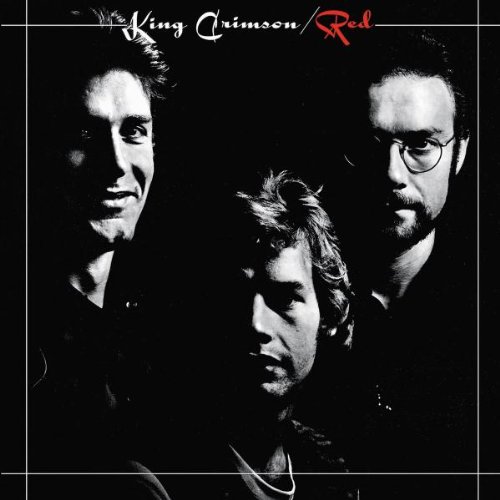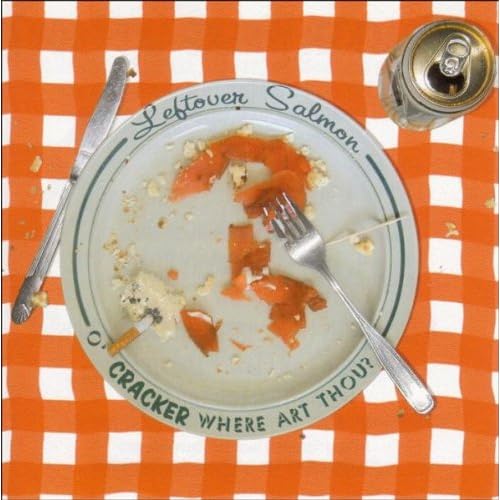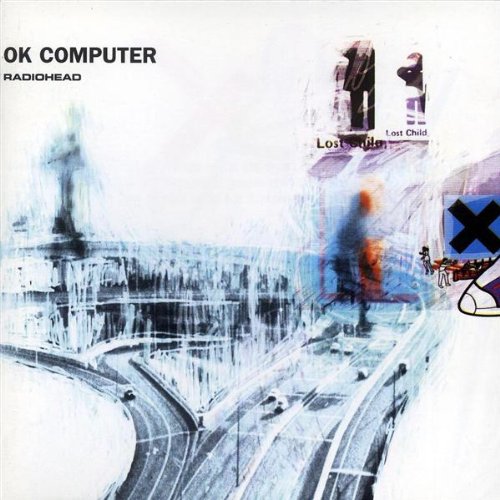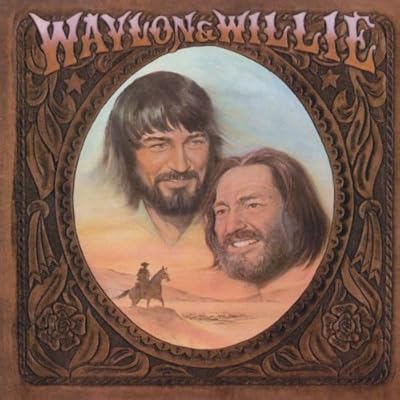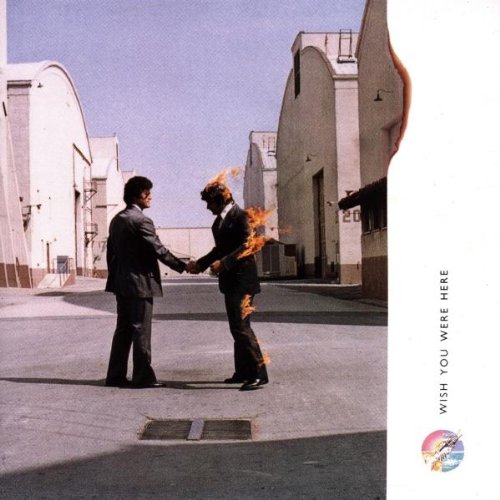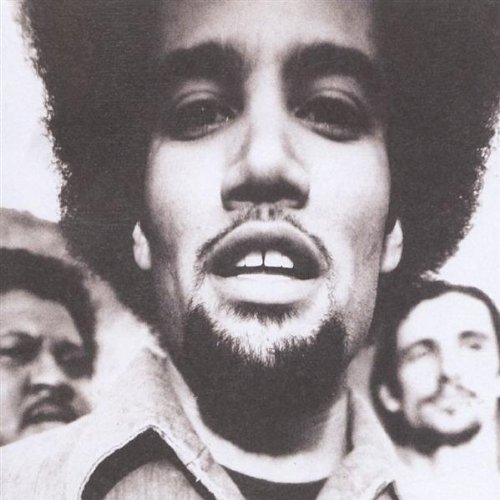King Crimson in the 70s was an interesting band. Each album was stylistically completely different, and the lineup was a revolving door for musicians (only Robert Fripp was in the band throughout that whole era). Red was their last album recorded before Fripp finally declared King Crimson to be "completely over for ever and ever," and it was actually released after they broke up.
This album is notable for being the only heavy Crimson album, and the only album they recorded as a trio. Without any flutes, violins, saxophones, or other more classical instruments remaining, King Crimson took on a sound far more akin to the typical 1970s rock band.
Red still has many of the progressive elements that made earlier Crimson albums so interesting–the last two tracks in particular feature some improvisation–but I find it far more accessible than anything else they've done. While it's not the most brilliant work they've done, it's a one-of-a-kind album in the King Crimson world, and probably the one I'd recommend for people who want to ease into the King Crimson way of doing things.
Standout tracks:
- Fallen Angel
- One More Red Nightmare
